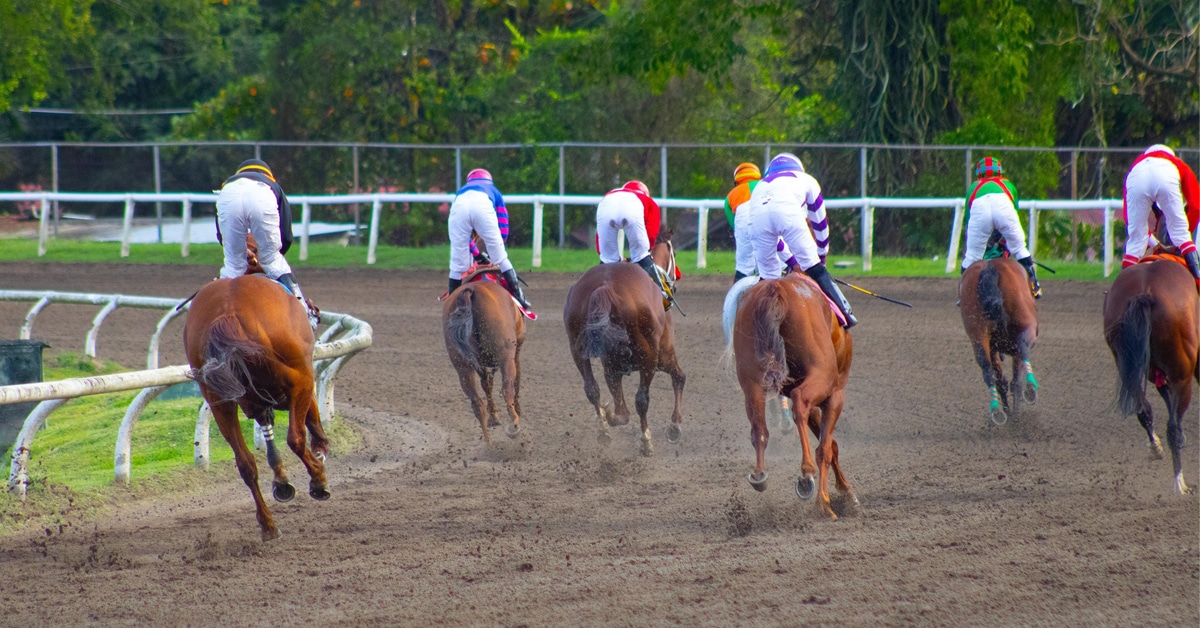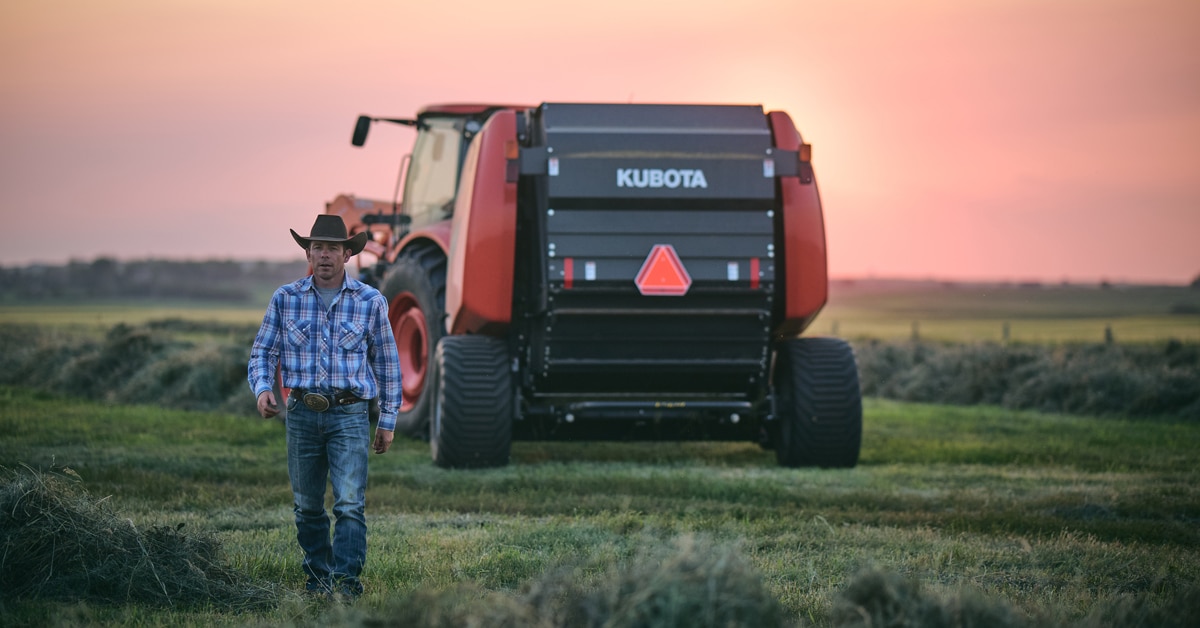If a horse is being fed a commercially formulated feed along with high-quality hay and water, their nutritional requirements are mostly likely being met – in terms of calories, protein, vitamins and minerals. If, however, an owner chooses to feed whole grains (oats, corn, etc.) or other feeds (such as beet pulp), along with hay and water, they will need to choose a vitamin-mineral supplement to top off their horse’s nutrient requirements. Alternatively, owners might be looking to supplement with a particular ingredient, or for a particular purpose – such as biotin (for hoof health), fat (for calories) or oral joint supplements (for joint health). This article will help you decipher labels to figure out which products will suit your needs.
An important note to remember for all nutrients is that the percentage of something written on a bag or a label means nothing, because nutrient requirements are not given as percentages. Nutrient requirements are listed as calories or grams or milligrams or international units per day. Therefore, to calculate these values for your horse, you’ll need to know how much of a product is being fed (eg. 100 grams of a product containing 12 per cent calcium will provide 12 grams of calcium, but another product with 24 per cent calcium could be fed at a rate of 50 grams per day, and would also provide 12 grams of calcium).
Vitamin-Mineral Supplements
In terms of a general vitamin-mineral supplement, many products are available that are formulated for horses of different classes (maintenance vs. performance) and are designed to be fed when a commercial feed is not being fed, or not in the amounts suggested by the manufacturer. In these cases, you might look for a trusted brand, ideal price per day, or even consider if you’d prefer to feed a pellet or a powdered product.
To compare ingredient content, be sure to look at the label closely, and to consider the “serving size” per day. From here, it becomes tricky, because more of a nutrient is not always better, and if you want to truly balance your horse’s diet, you’ll need knowledge about your horse’s nutritional requirements and the nutritional intakes from the hay and any other feeds you might be offering. Ideally, you (or a nutrition consultant) can enter your horse’s nutrients from their hay and other feeds into Excel or another spreadsheet program, and see which product best matches what might be lacking in the diet. Some products may have additional ingredients such as omega-3 fatty acids, specific amino acids (to supplement protein needs a bit), or probiotics that may be of interest.
Figure 1 shows four different general-purpose vitamin-minerals supplements fed along with an example diet of 9kg of hay, 2.5kg of oats and 50g of salt, for a horse in moderate work. As you can see, Supplement 1 has too much magnesium, but not enough of vitamins A, D and E. Supplement 2 has an overall good profile, but is a little low in vitamin D (which wouldn’t be a problem if the horse had good access to sunlight). Supplement 3 is also good overall, but low in A, D and E, and Supplement 4, while still a little low in vitamins A and D, provides the best overall balance. A nutritionist can easily put together a similar graph outlining your own feeds and looking at different supplements or feeds.
Fat Supplements
Fat supplements are especially challenging, because they are typically fed for weight gain – and, therefore, we are interested in calories and efficiency (more calories per amount fed). To compare these types of supplements, you’ll need to take into account the percentage of fat in the product, the amount of product fed, what else might be in the product (carbohydrates, protein – that can contribute also to the calories, but may not be wanted or needed in the diet).
If, for example, you feed one cup of vegetable oil, at 100 per cent fat, that is about 223 grams of oil, and about 2mcal of energy (1kg of fat has 9mcal). If you feed a commercial high fat supplement, at 40 per cent fat, at a rate of 4oz per day (113 grams) – you’re getting about 45 grams of fat, which provides 0.4mcals (though you’ll also get some additional calories from the protein and carbohydrate in there, maybe to a total of about 0.7mcals in those 4oz). If you feed a high fat feed (one where you might feed about 0.5-2kg) with about 30 per cent fat, you might feed 1kg of it, which would provide about 300 grams of fat, and about 4.5mcal. You would, however, also be feeding additional protein and carbohydrates that might not be needed. A lower fat feed (in the range of 14 per cent fat) fed at the same 1kg rate, would provide fewer calories (maybe 4.1mcal) and more protein and carbohydrate. Therefore, to increase the calorie density of the horse’s diet, the vegetable oil would be the best choice, but palatability might require the owner to feed the 30 per cent fat feed (at higher cost, increased feeding rate – 2kg to get the same amount of calories as the oil – and increased intakes of carbohydrates and protein).
Non-Nutritional Supplements
For non-nutritional supplements, such as oral joint supplements, probiotics/prebiotics, etc., horse owners need to be particularly careful about ingredient claims, research and company reputation. Again, owners should look at labels and feeding rates to ensure they are comparing apples to apples. Owners should also research not only the effectiveness of the ingredient, but also the reputation of the product, as research has shown some products do not include the actual ingredients on the label! (The supplement industry is less regulated than the feed industry).
As always, it is a good idea to work with someone knowledgeable about equine nutrition who can provide an unbiased evaluation of your horse’s diet and the feeds and supplements you are interested in.
The Latest









